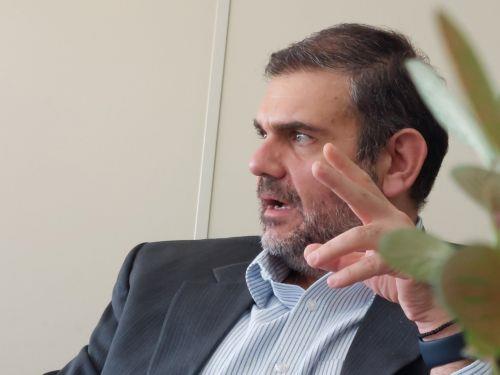The government should take note of the warning issued by president of the Fiscal Council, Michalis Persianis, in the preface of the council’s activity report for 2024. Although these were ‘easy’ times, boasting a healthy growth rate, zero inflation, public debt set to fall to below 60 per cent of GDP and continuously increasing state revenues, Persianis warned against complacency.
It was the fact that these were easy times that made them ‘dangerous’, he said. “Mistakes are made in easy periods and economies are governed by cyclicality.” While internal risks were accumulating, the unpredictability of the external environment made the need to caution now an imperative. Political turmoil, rising state debt, the advent of cryptocurrencies and the retreat of the EU were “changing the rules of the game”, which is why it was imperative to exercise caution in the management of the economy.
Persianis repeated what he has always argued for – the creation of fiscal space that would allow measures to be taken when there is an economic downturn. By fiscal space he meant the building up of reserves during good times, such as the present, as this would help us deal with the problems created by a slowing down of the economy. The problem, Persianis correctly pointed out, was that inflexible expenditure, such as the constantly increasing public payroll, “take most of the fiscal space, leaving little room for manoeuvre”.
This irresponsible disregard for creating fiscal space in good times has been displayed by most governments, even though it was during the Christofias presidency that adverse consequences were suffered. The explosion at Mari and destruction of the power station dealt the economy a big blow and there were no reserves to prop it up because the government at the time had increased social spending by about a billion euros.
Governments often labour under the illusion that the money will keep flowing in, and nothing could reduce it. The Christodoulides government is in this category, especially as it sees tax revenue constantly increasing, mainly because of the influx of large numbers of well-rewarded foreign workers. But these workers could very easily pack and leave for another country offering attractive tax incentives and good weather and automatically reduce state revenue.
This scenario might never materialise but the prudent government is always prepared for a downturn because economies move in cycles. But even if the government was determined to use up any fiscal space it would be much more reassuring if the surpluses were used on infrastructure projects rather than on more state jobs. Energy infrastructure is antiquated requiring huge investment, especially as electricity needs are steadily rising and the president has already said about investment in desalination plants.
Now that the government has surpluses and has no intention to create fiscal space it could at least use these surpluses for desperately needed infrastructure upgrades.






Click here to change your cookie preferences